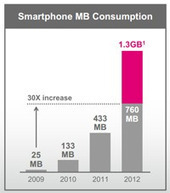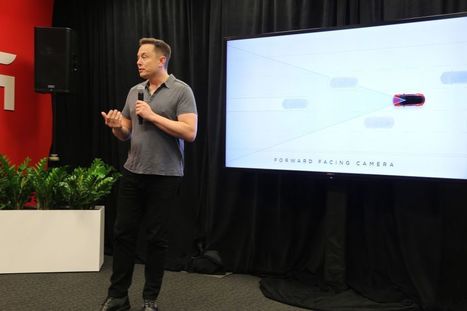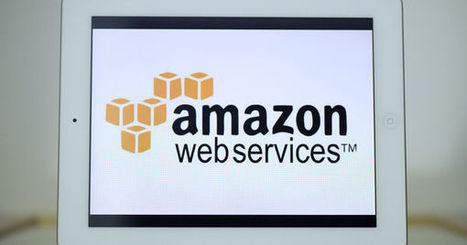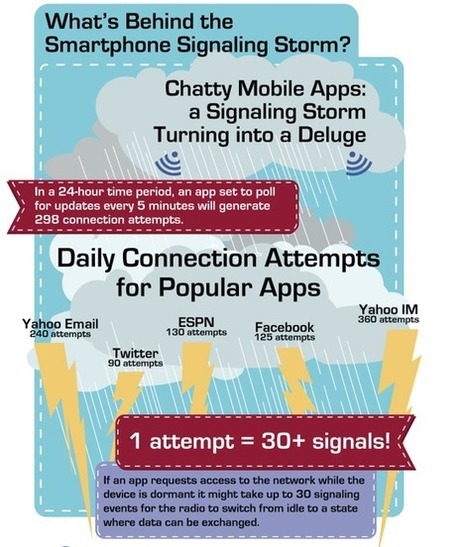While Tesla’s new hands-free driving is drawing a lot of interest this week, it’s the technology behind-the-scenes of the company’s newly-enabled autopilot service that should be getting more attention.
At an event on Wednesday Tesla’s CEO Elon Musk explained that the company’s new autopilot service is constantly learning and improving thanks to machine learning algorithms, the car’s wireless connection, and detailed mapping and sensor data that Tesla collects.
Tesla’s cars in general have long been using data, and over-the-air software updates, to improve the way they operate.
Machine learning algorithms are the latest in computer science where computers can take a large data set, analyze it and use it to make increasingly accurate predictions. In short, they are learning. Companies like Google , Facebook and now Tesla are using machine learning as a way to train software to help customers or sell them new services.
Machine learning is the way that computers can become artificially intelligent, and the technology is a form of AI. While Musk has taken a sort of alarmist stance against the dangers of AI, he clarified during the event on Wednesday that he’s only concerned with artificial intelligence that is meant for nefarious purposes.
When a reporter asked Musk during the media Q&A what made his company’s autopilot service different than other computer-based driving assistance features that competing big auto makers are working on, Musk emphasized learning.
“The whole Tesla fleet operates as a network. When one car learns something, they all learn it. That is beyond what other car companies are doing,” said Musk. When it comes to the autopilot software, Musk explained that each driver using the autopilot system essentially becomes an “expert trainer for how the autopilot should work.”



 Your new post is loading...
Your new post is loading...




















The car is the network.
Model S owners could add ~1 million miles of new data every day, which is helping the company create “high precision maps” according to Elon Musk